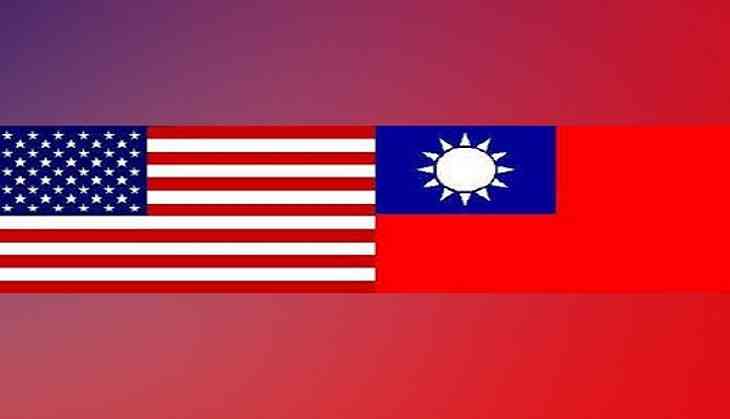US reaffirms, elevates its strategic alliance with Taiwan

The US has reaffirmed its existing strategic alliance with Taiwan by shifting and elevating its commitment to protecting it from Chinese aggression.
The ground shifted under Washington's policy toward Taiwan on December 8, a shift no less seismic for being subtle and semantic, according to the National Interest.
During a hearing of the Senate Foreign Relations Committee, Assistant Secretary of Defense for Indo-Pacific Security Affairs Ely Ratner asserted that Taiwan is "a critical node within the first island chain (in the Western Pacific), anchoring a network of U.S. allies and partners.
Further, Ely Ratner mentioned that Taiwan's defence is critical to the region's security and critical to the defense of vital U.S. interests in the wider Indo-Pacific.
Although his focus was on deterring a Chinese military attack on the island, it is hard not to interpret Ely Ratner's statement as reflecting a judgment that Taiwan's reunification with the mainland cannot be allowed under any circumstances, writes Paul Heer for the National Interest.
Meanwhile, the US administration under President Joe Biden has adopted a shift in "One-China policy" routinely highlighting and quoting the Taiwan Relations Act (TRA) of 1979.
Taiwan Relations Act of 1979 mentions the United States would "consider any effort to determine the future of Taiwan by other than peaceful means ... a threat to the peace and security of the Western Pacific and of grave concern to the United States."
The question today is whether Washington is now drifting toward a "one China, one Taiwan" policy, according to the National Interest.
Meanwhile, in addition to characterizing Taiwan as an "anchor" for U.S. security in the Indo-Pacific, Ratner described it as a "successful and prosperous democracy."
Also, Assistant Secretary of State for East Asian and Pacific Affairs Daniel Kritenbrink, who appeared with Ratner at the Senate hearing, described Taiwan as "an important US partner"
(ANI)

